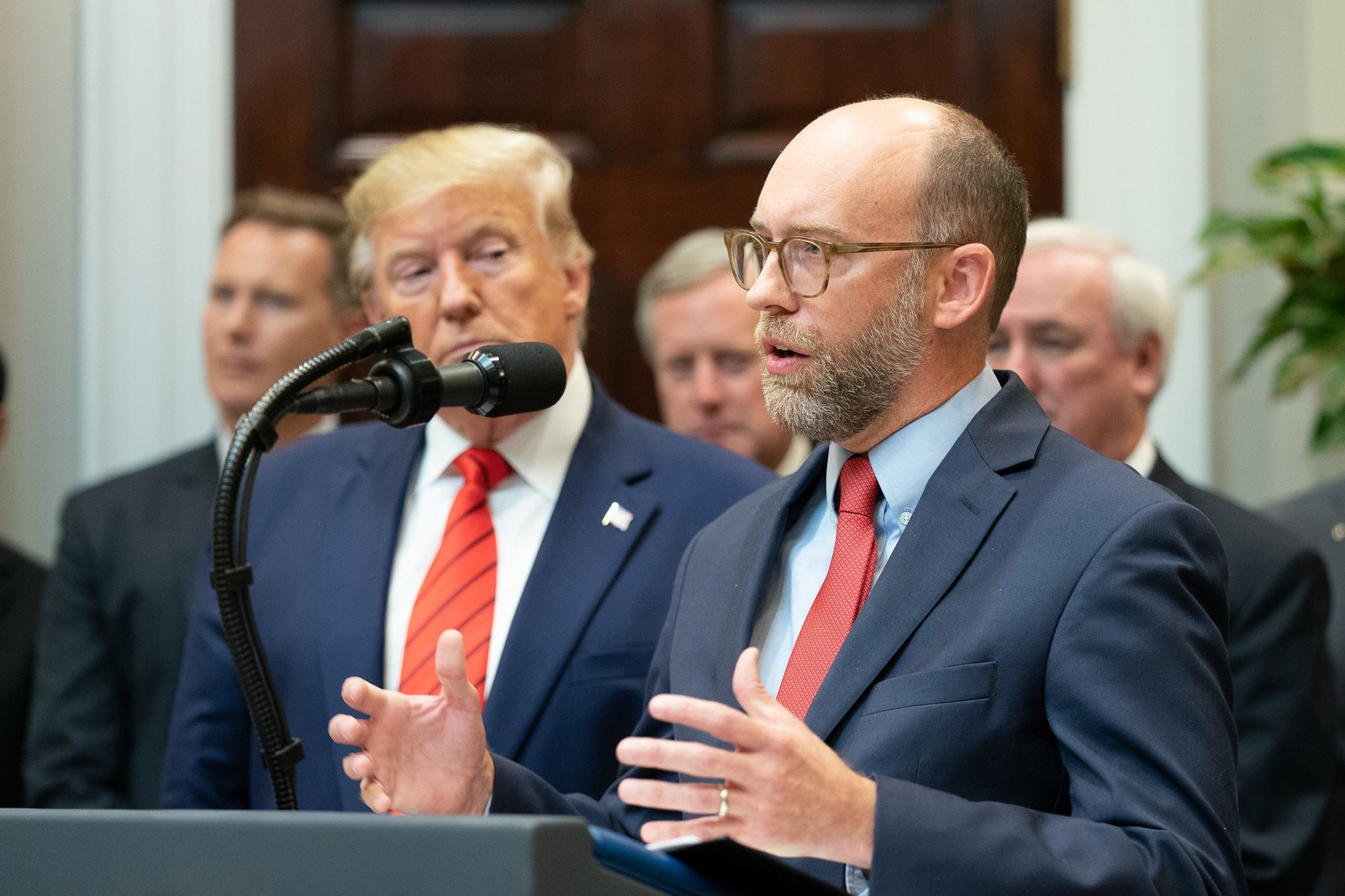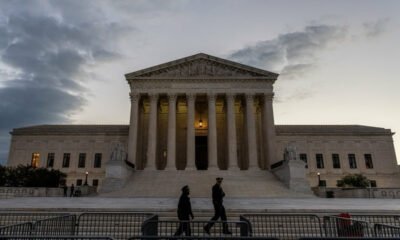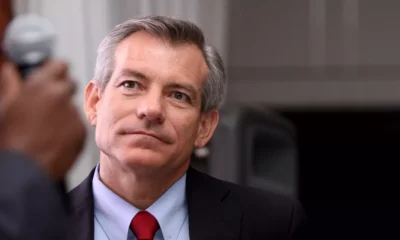America Restoration Action
How Trump’s Nominees Are Poised to Turn Project 2025 into Reality

In the aftermath of Republican President-elect Donald Trump’s campaign, a strategic shift appears evident with the appointment of key figures associated with Project 2025, a blueprint that underscores a conservative agenda. Trump’s selections signal an intention to significantly alter federal governance and redefine rights affecting various demographics, including women, LGBTQ+ individuals, and marginalized groups.
Russell Vought, a prominent architect of Project 2025, has been nominated once more to lead the Office of Management and Budget (OMB). This position, often overlooked by the general public, exerts considerable power through budgetary control and policy direction across federal agencies. If confirmed by the Senate, Vought is expected to advance Project 2025’s conservative priorities, which reflect his longstanding goals aimed at reducing assistance programs for low-income citizens while expanding presidential authority.
Critics are voicing concerns about Vought’s approach, specifically regarding his vision for OMB, which aims to eliminate checks and balances on executive power. Ben Olinsky, who previously served in the Obama administration, stressed the need for public awareness regarding the potential changes. He described Vought’s strategy as an endeavor to “change the plumbing” of the federal government.
Vought’s tenure during Trump’s first term as OMB’s deputy director and subsequently confirmed director has given him a comprehensive understanding of its influence. He played crucial roles in initiatives that attempted to strip job protections for federal workers and redirect appropriated funds—a controversial move that sparked legal challenges.
Over the years, Vought has cultivated his strategy to enforce compliance within federal agencies. His advocacy organizations have challenged diversity and equity initiatives, arguing instead for a narrative centered on traditional values. Vought even referred to the Center for Renewing America as a figurative “Death Star,” indicating a commitment to push his ideological agenda vigorously.
His contributions to Project 2025 outline how the OMB can facilitate a Christian nationalist agenda—a notion he has openly discussed. Vought has portrayed the OMB as an essential tool for executing presidential directives efficiently, akin to an air-traffic control system guiding federal agencies.
Vought is prepared to address dissent within agencies by withholding funds and pursuing firings, thereby streamlining efforts to implement the Project 2025 priorities. The recommendations proposed include measures such as restricting abortion access and redefining family structures according to religious principles. Additionally, suggestions to alter the FBI’s role and modify federal housing assistance represent areas where the federal government may be restructured.
These proposals, while already circulating in conservative circles, gain new clarity and urgency through Project 2025, advancing a detailed agenda for those aiming to reshape American governance fundamentally. Recent indications suggest that the incoming administration is eager to leverage executive action to realize these objectives.
During his previous administration, Trump directed OMB to creatively allocate funds for initiatives like the U.S.-Mexico border wall and controversially withheld military aid to Ukraine. This approach, however, attracted scrutiny that culminated in his first impeachment trial. Vought’s history with impoundment authority complicates his confirmation prospects, despite the current Republican majority in the Senate easing the path forward.
Trump’s campaign rhetoric distanced itself from Project 2025, but a significant percentage of contributors to the initiative have ties to his previous administration. As Trump reassembles his team, Vought’s role is integral to steering federal policy in a direction aligned with their shared vision.
The implications of these developments extend beyond personnel choices—questions loom about the kind of governance that will emerge under a President Trump and how it will prioritize or neglect the rights of various American groups. As the transition gains momentum, the administration’s strategic priorities will come into sharper focus, with lasting impacts anticipated on both individual liberties and institutional integrity.


















